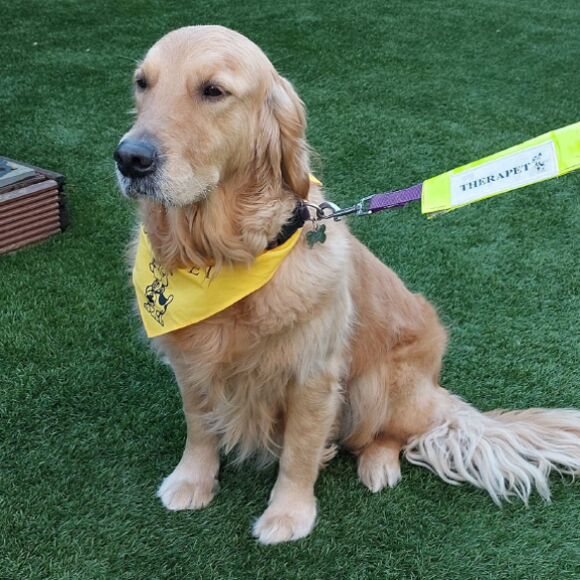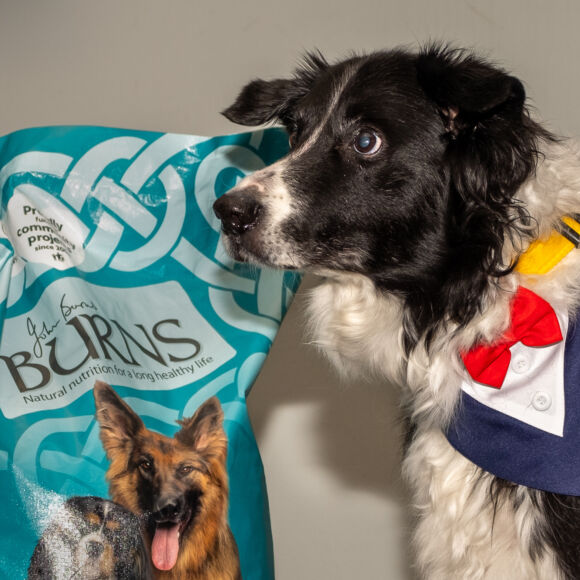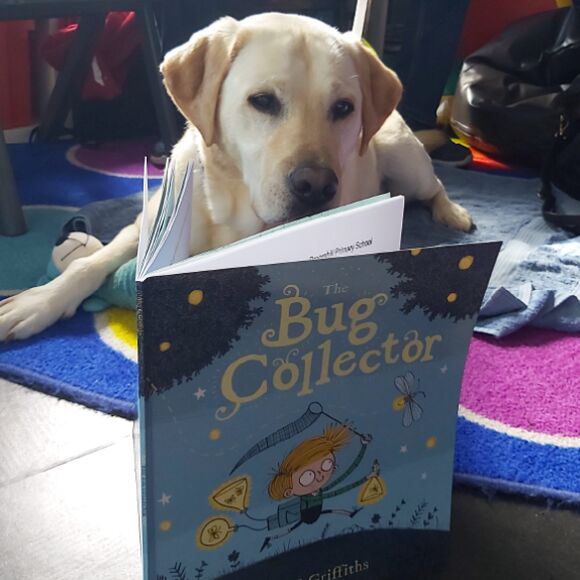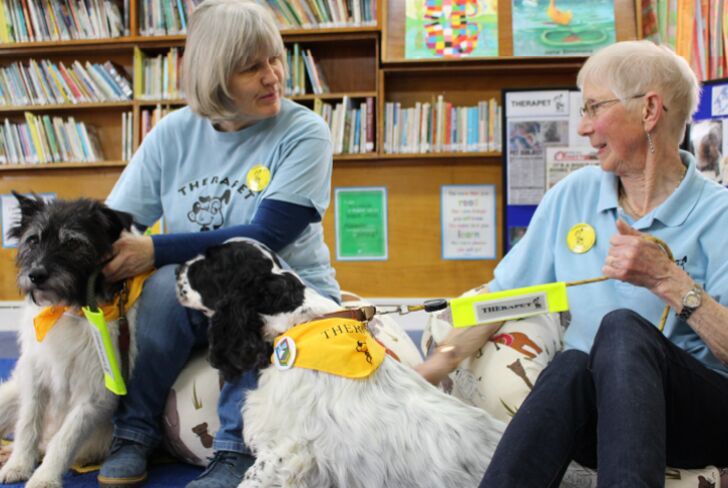Do you own a friendly, outgoing dog who loves to have a fuss made of him? Register for our THERAPET visiting service

How We Help
Do you own a friendly, outgoing, though not too boisterous dog who loves to have a fuss made of him? Then perhaps you might like to think about registering him in our Therapet visiting service.
Animal

Supported

Therapy

We Care For Dogs

Dogs Care For Us






